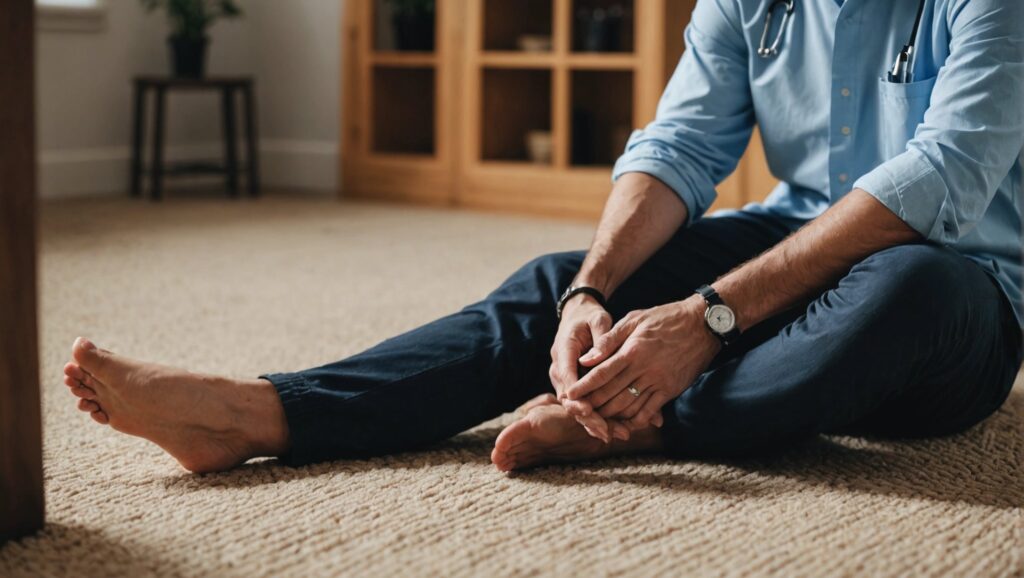At Ridgeline Recovery LLC, to understand how Medical Assisted Treatment (MAT) can help in the recovery from a substance use disorder; it is important to gain an overview knowledge of MAT. MAT combines the use of medications and counseling, therapy to treat substance abuse disorders. It has been shown to help people quit opiates, alcohol, and other drugs. Physical treatment stabilizes brain chemistry, reducing cravings and improving body function, which aids recovery. MAT and why it may help millions of people with substance use disorders will be covered in this introduction piece.
Benefits of Medication-Assisted Treatment (MAT) and Treatment Approaches
Overview of Vivitrol Treatment and its Benefits
Vivitrol: This is a Medication Assisted Treatment (MAT) that helps prevent opioid dependence relapse after detox. It is a long-lasting injection given once every month. The blog will further explore the advantages of Vivitrol use as a treatment aid in relation to cravings and reduction in opioid abuse. It will also examine how Vivitrol may help to increase compliance with treatment and consequently, lead to better overall recovery rates for patients in the ongoing fight against opioid addiction. Plus, keep in mind that Vivitrol helps with addiction and overdose prevention as well.
Understanding Suboxone Therapy and its Role in MAT
Technically, suboxone is buprenorphine plus naloxone used to treat opioid addiction. This blog post will outline Suboxone therapy as part of MAT and its benefits for opioid addiction recovery. Use our Suboxone therapy to control withdrawal symptoms and reduce use under prescription, reducing misuse and diversion. Suboxone can also be prescribed by certain PC members, broadening its reach to more people who potentially benefit from MAT.
Combining MAT with Therapy and Behavioral Treatments
When paired with therapy and behavioral interventions, it works best. This section of our series will explain why counseling, support groups, and behavioral therapies must be combined with MAT to treat psychological issues including poor self-esteem. This will show how pharmaceutical, therapy, and behavioral treatments are integrated to attain overall health. Most significantly, it will put therapy at the forefront of treating these chemical dependence building blocks and allowing a person to establish resistance mechanisms, making relapse improbable or impossible for weeks, months, or years, changing lives in many ways. Therapy and behavioral therapies can boost MAT regimes if they are highly customized for patients, emphasizing their personalized nature.

MAT Effectiveness and Support
Testimonials of MAT and Patients Experiences
Discussing MAT efficacy and support should emphasize patient success stories. This may provide in-person examples of MAT-changed lives. The extent to which MAT treats opioid dependence and its ability to solve this public health issue is also relevant. Research shows that MAT, when combined with counseling and behavioral therapies, reduces overdose deaths, stabilizes patients, and supports a return to low doses or abstinence. They teach countless others how MAT can alter lives.
MAT Efficacy in the Treatment of Opioid Dependence
My rehabilitation relies on community MAT again. Recovering from opioid addiction is challenging, but the proper people can help. In a MAT support program, medical experts can assist patients track their progress, adjust treatment regimens, and offer encouragement. Additionally, community groups provide for connection and empathy, reducing isolation and stigma. Patients receive frequent care until stable lifestyle habits are developed several months later.
Here’s why MAT Support and Community is essential in recovery
Success stories are important, but MAT is essential to treating opioid dependence’s neurobiological changes. By stabilizing brain chemistry, blocking alcohol and opioids (including heroin and prescription drugs) from attaching to brain receptors, and modulating physiological functions without a ‘high’ or process, MAT. This holistic approach targets psychological and social causes of substance misuse as well as withdrawal symptoms.
Due to its complexity, opioid use disorder therapy requires MAT alongside counseling and behavioral therapies. Counseling helps people develop new habits and lifestyle changes to manage stress and improve health. With counseling, MAT helps patients identify and deal through trauma or mental health issues and understand addiction from their perspective.
MAT is a successful treatment for opioid dependence, and the success stories bring patient experiences to remind us of such positive outcomes. In addition, combining MAT support with community involvement is crucial in creating a holistic way to recover. Drawing attention to these factors can give the hope and encouragement those struggling with opioid dependence might need to identify that they are using, do not want it dictating their life anymore, were forced or coerced into use at some point in adolescence.

In Conclusion
For battling Substance Use Disorders, Medical Assisted Treatment (MAT) is a lifesaver for all. MAT is a holistic, comprehensive approach to patient care that combines medication with counseling and behavioral therapies. The approach has been demonstrated, as an editorial accompanying the new study notes, to reduce illegal drug use and overdose deaths as well transmission of infectious diseases. MAT helps individuals manage their addiction so they can lead healthier, more meaningful lives. As MAT use and acceptance expands, it is important to note the ways we can employ its full potential in lives suffering from addiction.








